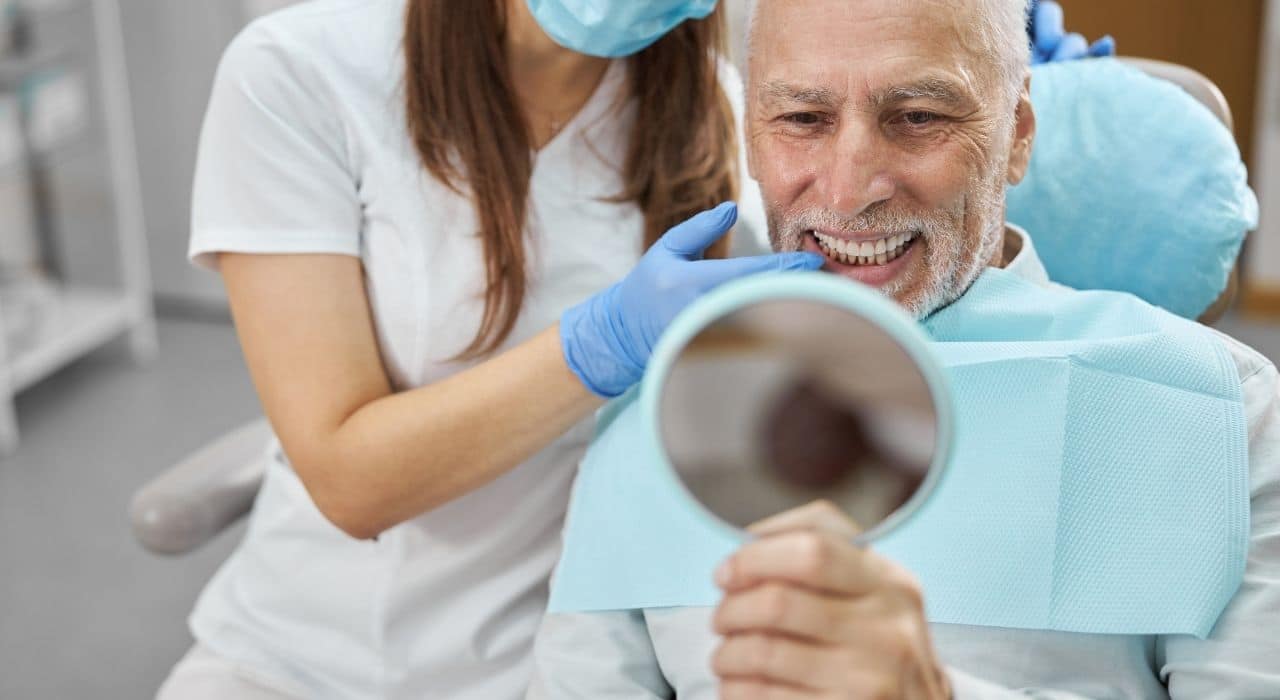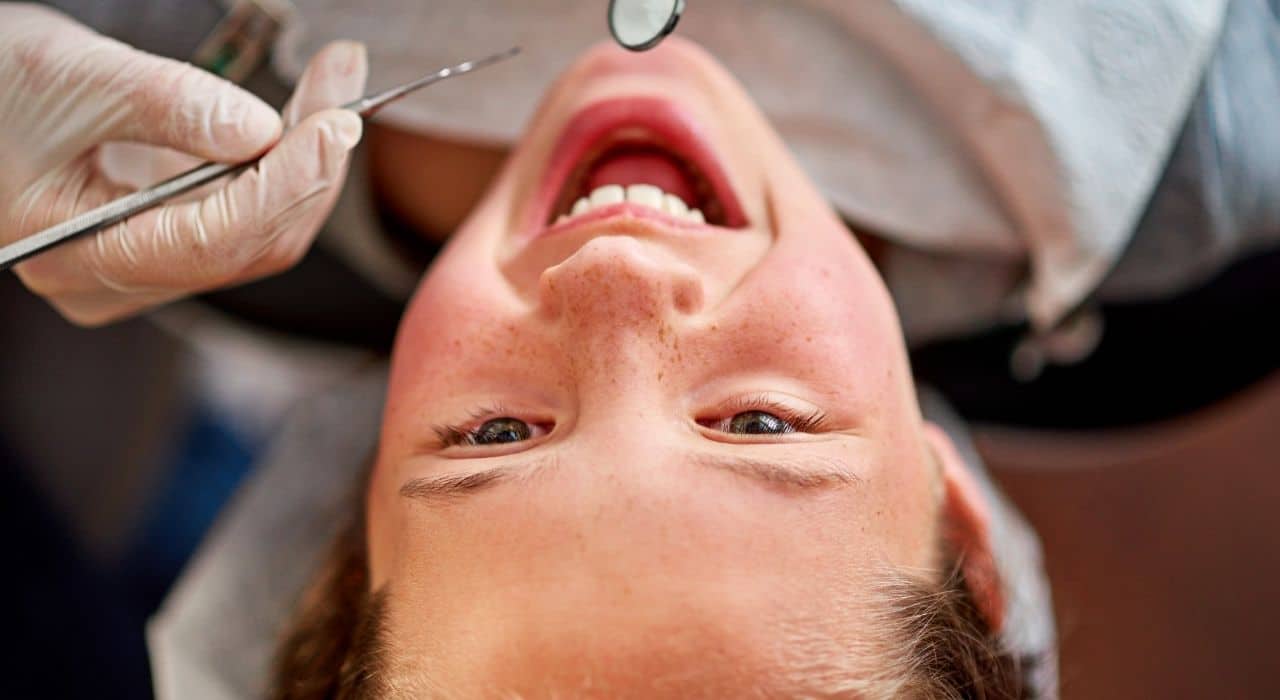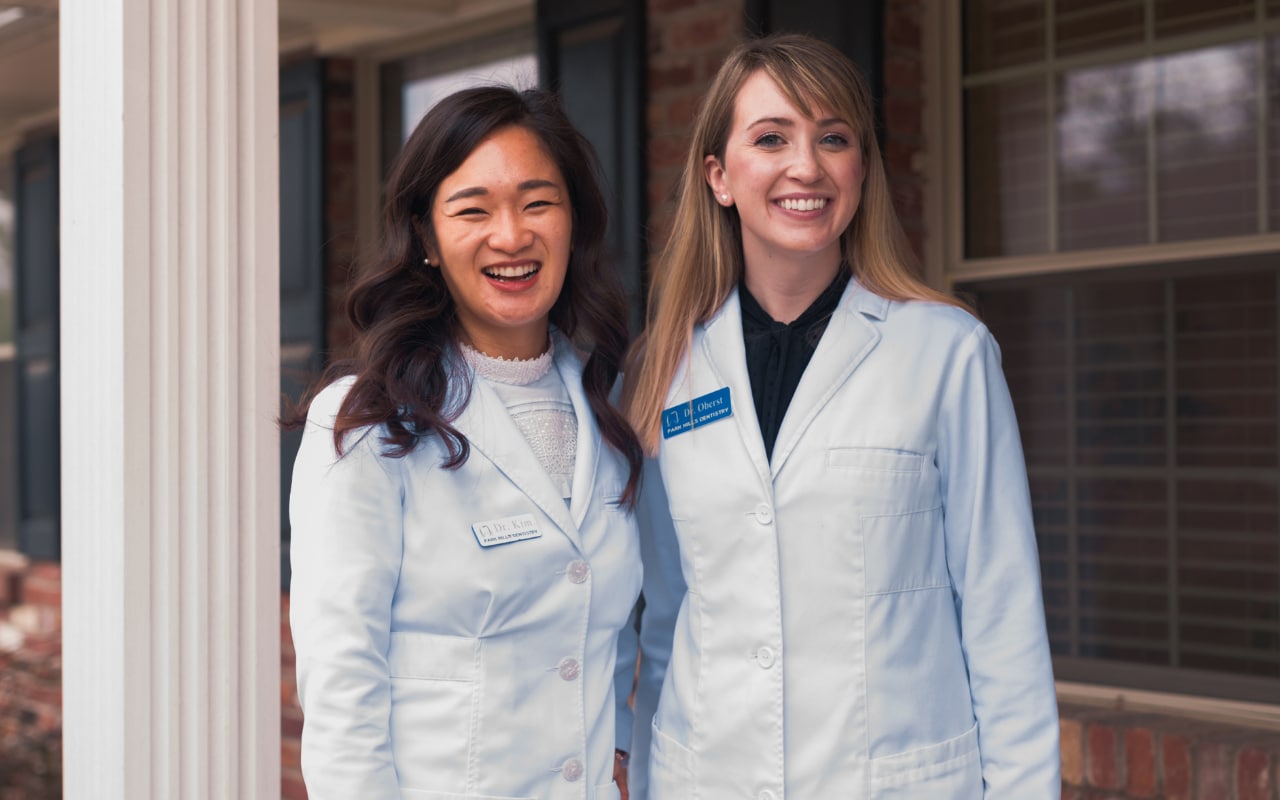The Difference Between Dental Bridge Vs Dental Implants
Losing teeth may be upsetting for most individuals. Fortunately, the dentistry profession has solutions for keeping your smile brilliant! First, let’s analyze the two most popular options: dental bridge vs. dental implants in Lexington KY.
The Dental Implant
Lexington KY Dental implants are a custom-made false tooth that matches your teeth. They are implanted by drilling an artificial root into the resected root. Then, the root is replaced with a titanium post (the implant), securing the prosthetic tooth (the crown).
Why a Dental Implant
There are situations when an implant is the best option. Filling a cavity can save the natural tooth if it is repairable. A root canal may be required when a cavity can no longer be treated with a simple filling. The root must be removed if the tooth’s root is too deteriorated to be saved by a root canal. A prosthetic tooth can be implanted to maintain the tooth’s function and appearance. This is a permanent option for those who have lost teeth.
How Much Is It?
Dental implants are costly. While early treatment is preferred, it is not always possible. Without dental insurance, even fillings may be costly. After then, the cost rises. Dental implants range from $1,500 to $6,000. No doubt, it’s pricey, but who knows? You can’t leave the root in your mouth if your tooth is gone. It can cause severe infections. The hazards are not worth the benefits. Implant surgery removes the root and replaces it with a synthetic one.
Risks and Gains
These implants appear and feel like natural teeth and last a lifetime. While implants are highly safe, every operation has the potential for problems, which is the only significant risk. Consider the cost of implants with your Lexington KY dentist and insurance provider before deciding. However, because they are more expensive, this is generally a one-time buy.
A Dental Bridge
Dental bridges in Lexington KY are employed when a natural tooth can no longer be saved. Bridges are less expensive than implants but do not provide the same benefits. They are not inserted like dental implants as talked about by our friends over at Shreveport Dental Solutions the best dentist in Shreveport LA. A bridge is simply a crown fitted to the remainder of your mouth.
Why a Bridge?
Bridges replace teeth quickly. They fit between two teeth and keep your smile appearing fresh. For a quick fix, this may be the best option. While this is a common choice for missing teeth, it is crucial to note that bridges require regular cleaning and maintenance to last a long time.
How Much Is It?
Bridges are cheaper than implants since they require the same dental procedures and surgery. Bridges range from $500 to $1,200. That’s excellent, but there may be future maintenance and replacement expenditures. Bridges are also less durable than implants.
Risks and Gains
A bridge is a faster and cheaper replacement. While there are specific health hazards, the most significant disadvantage of a dental bridge is that it is not permanent. A bridge typically lasts a decade. While they can last considerably longer, adequate maintenance is required. While one fallacy about dental bridges is that they can quickly come out, this is untrue. Bridges are glued to an underlying tooth, adjacent teeth, or gums but are less durable than implants. Read on to discover more about dental bridges.
Implant vs. Bridge
So, let’s agree that all solutions are great for tooth replacement. More than 35 million Americans are toothless. According to the American Academy of Implant Dentistry, 3 million Americans have dental implants, while 15 million have bridges or crowns. That’s a lot of bridgework compared to implants, but is it worth it?
Which is better depends on your demands. However, implants are superior for durability, lifespan, and function. Bridges are great for easy replacement and upfront savings. However, avoiding future replacement expenses may be worth it. See our rehabilitative services for choices.
What Works for You?
An implant is a more permanent replacement, although bridges work for now. What you require depends on your unique demands and preferences. Now that you know the difference between a bridge and an implant assess your alternatives and consult with experts. Enquire now!
Contact Park Hills Family Dentistry Today
Our Friends over at Park Hills Family Dentistry are here to help you make this decision. Contact our dentist in Lexington KY today to sit down today and talk options.










